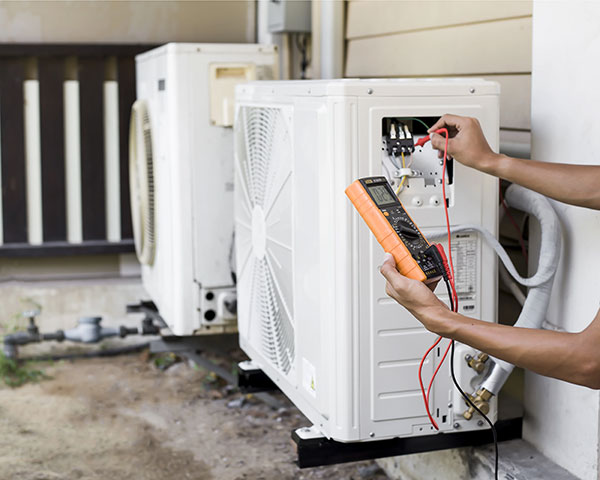Every type of building is subject to emergency repair situations. For example, a pipe may burst in the winter, or the roof may develop a dangerous leak. You may have an elevator go down, or your heating system breaks in the dead of freezing night. Storm damage may leave your building exposed and in need of immediate repair. These are the natural perils of any physical building, condo communities included. Unlike a single-owner building, a condo building belongs to every member of the condo association. Usually, the association can plan building decisions like lounge upgrades and water heater replacements with plenty of time for meetings and votes. But shared ownership creates a unique challenge for dealing with costly emergencies like urgent repairs.
Here are a few experience-based tips on how to deal with repair emergencies in your condo association.
Every Emergency Needs a Cool Head
The single most helpful thing you can do when an emergency begins is to keep a clear head. Damage to the building and imminent danger can be upsetting. Still, the clear-headed find their way to the best solution without fear or panic pushing their decision. Your goal is to move quickly toward the best, fastest, and most affordable option to reduce the burden on your community.
The faster a solution is implemented, the fewer condo owners are affected, and the less secondary damage can occur. The most effective solutions are a good investment for the building, not just a stop-gap measure. The most affordable solutions reduce the cost of this emergency in homeowner fees. Be the one cool head that every emergency needs.
How Bad is the Problem?
Start by figuring out just how much damage has been done and how much risk has been caused. For example, heat out in the winter is same-day urgent, but the damage will be limited only to the cost of repairs. On the other hand, a storm-damaged roof might be the source and ongoing risk of water damage to the building every time it rains, but you have a few dry days to get it fixed. Likewise, while one of four elevators going down is a problem, but one you can fix within a few months without causing an emergency.
Ask Your Technical Rep to Assess
Bring in a technical representative for the association to assess the situation. No one expects the condo board to be experts on roofing, plumbing, water damage, or HVAC experts. What you can do is hire an expert to give you a trustworthy insight on the state of your building, repair urgency, and the right next steps to take.
Exactly How Urgent is the Repair?
How fast do you need to move to prevent further harm? Does this problem require a same-day, ASAP rescue service or timely repairs within the week? The urgency should determine the damage that occurred. If even one of your homeowners or their unit integrity is at risk, act immediately. If someone needs rescue or health and safety are at risk, move mountains to ensure the building and residents are safe. Suppose the problem is severe but not immediately dangerous, like repairing a broken balcony railing. In that case, you can take the time to find the best repair team and make more optimal timing choices.
Time, Money, and Temporary Measures
Remember that there is a direct relationship between urgency and cost. For example, same-day, on-demand services usually cost more than repairs. Therefore, you can schedule days, weeks, or months in advance. However, you can also spread out the urgency with temporary measures. For example, a tarp can keep your roof safe until scheduled repairs, minimizing the risk and making the best long-term and cost-effective choice for your association.
Keep Your Owner-Members in the Loop
Keep the channels of communication open. Let member-owners know what's going on with the building, what the technical rep has to say, and your plans for fixing the problem. Shared ownership means every single condo owner is interested in the state of the building and personally invested in good maintenance and repair decisions. Make sure your community is not anxious about the situation by sharing news and updates on the damage, your repair plans, and the likely overall cost.
Save for Future Emergencies
Take this experience to learn and plan for the next emergency. Then, start an emergency repairs fund or get more serious about filling your existing emergency fund for just these events. Having a reserve can significantly reduce the burden of sudden urgent repairs on the community. In addition, having a plan can streamline the solution process next time.

